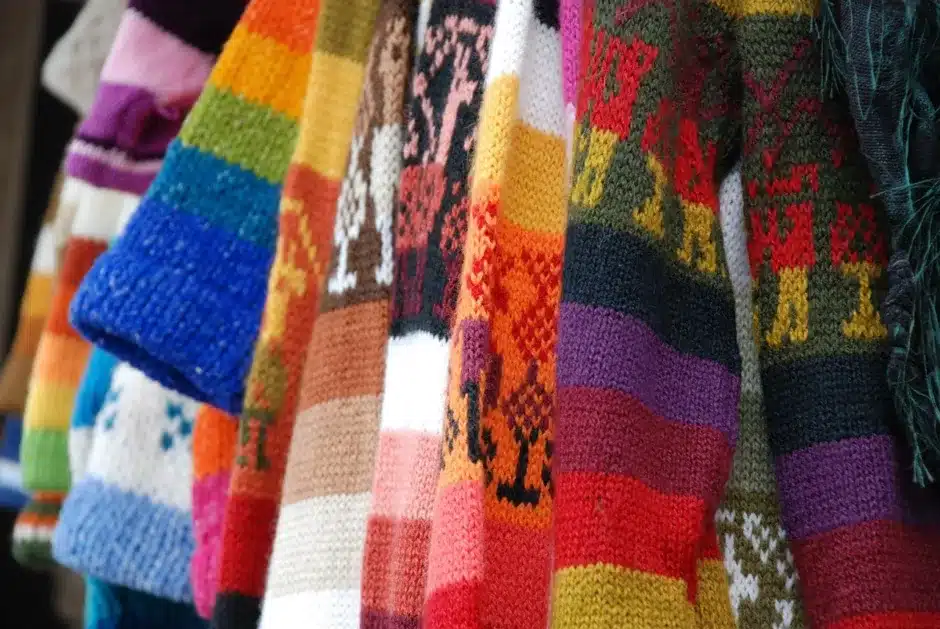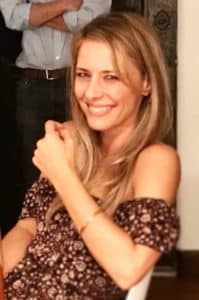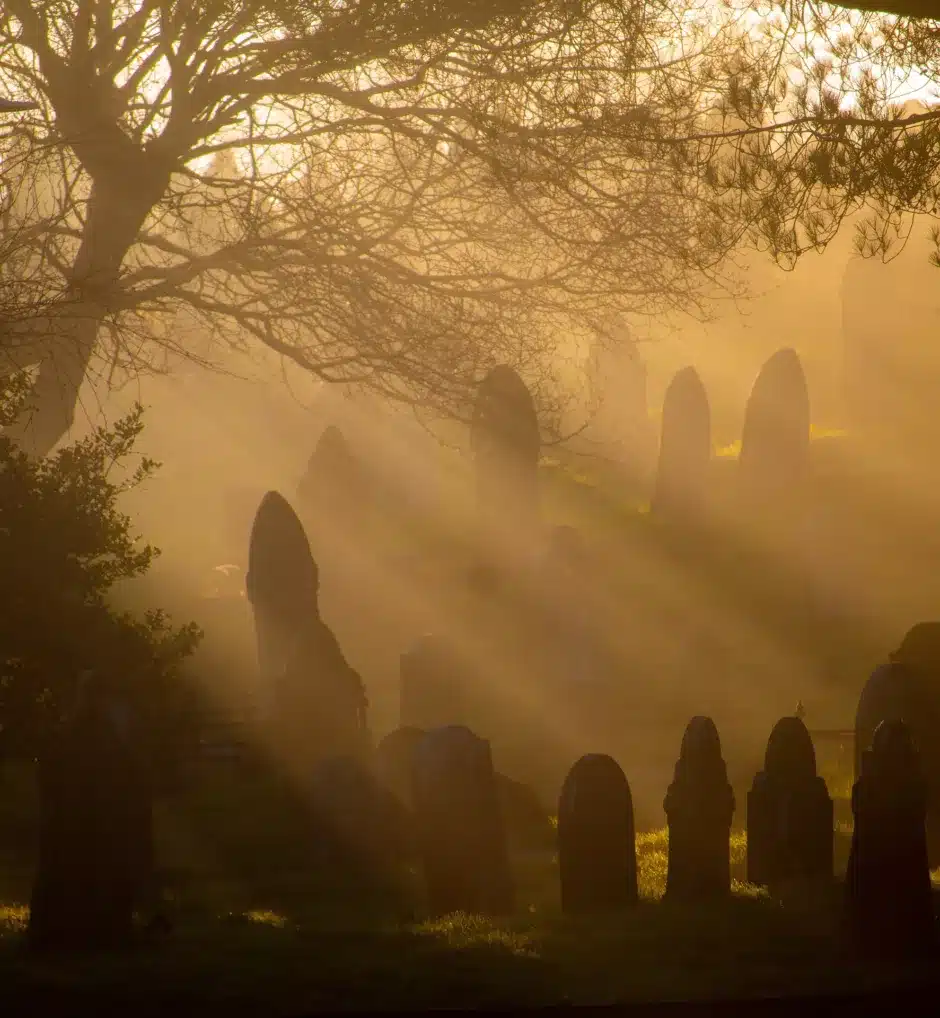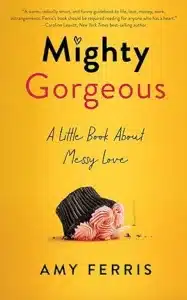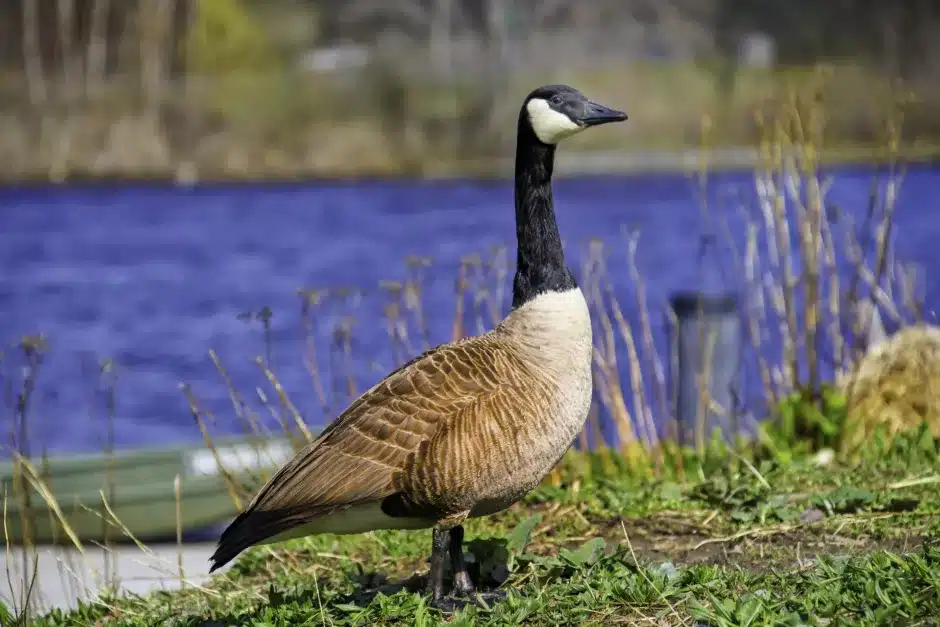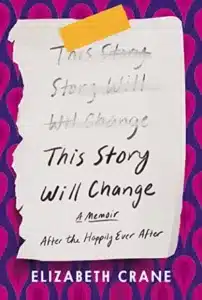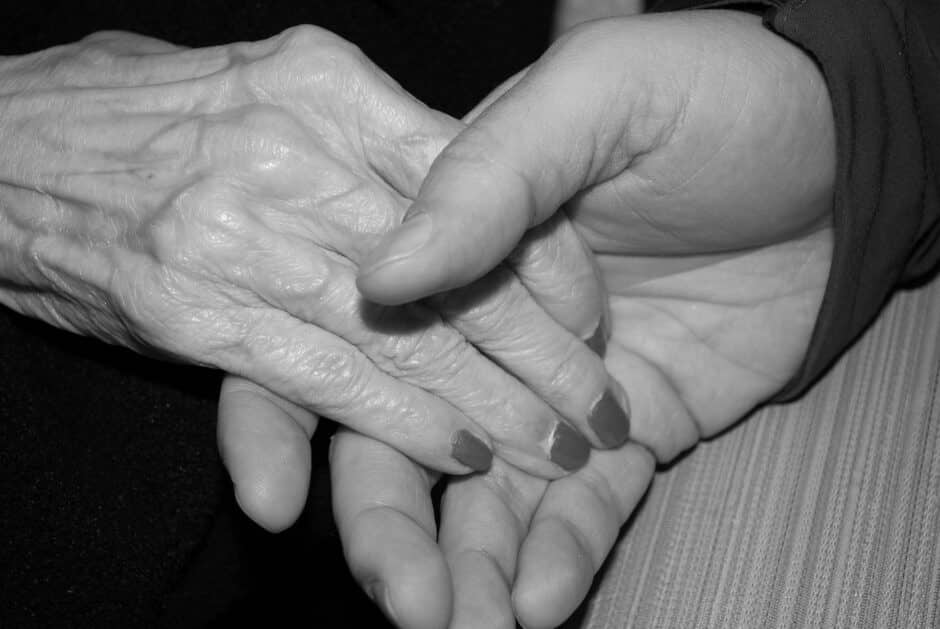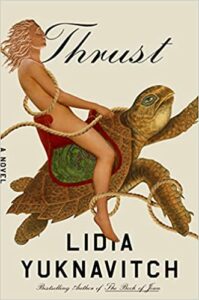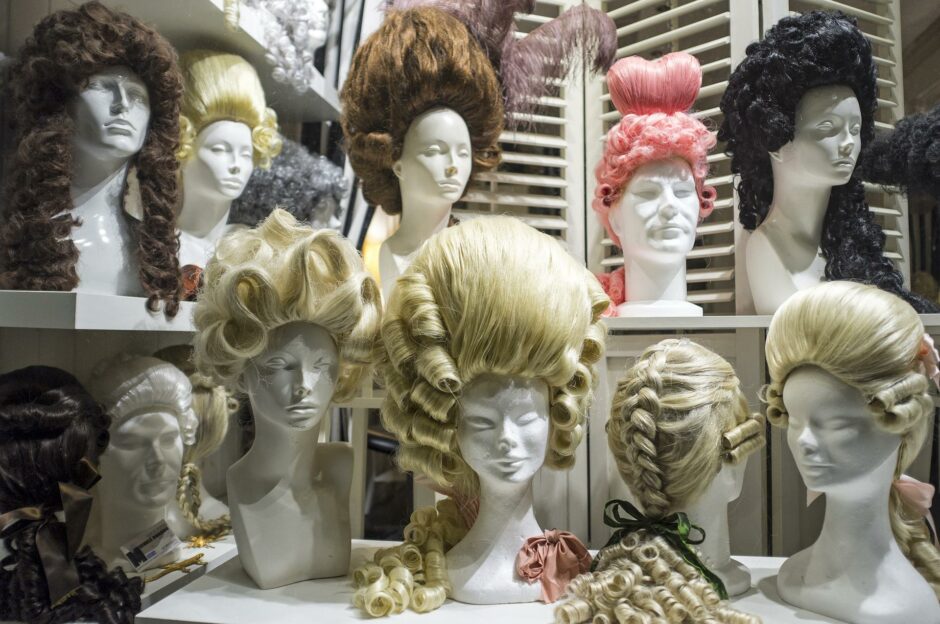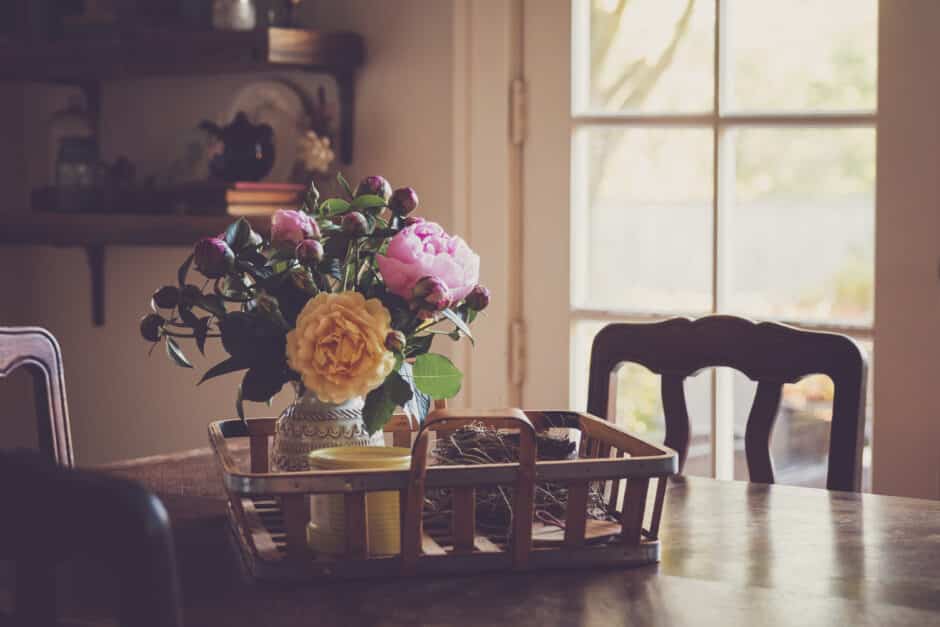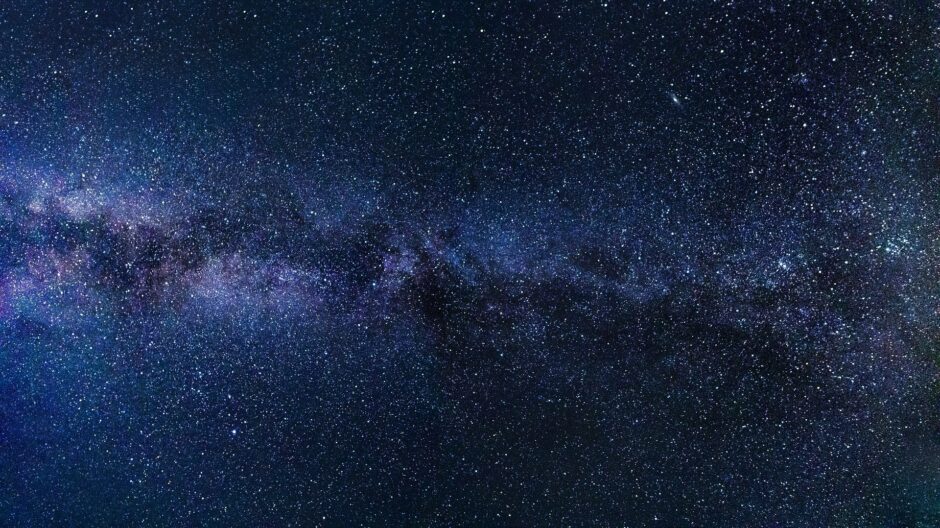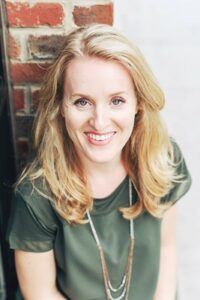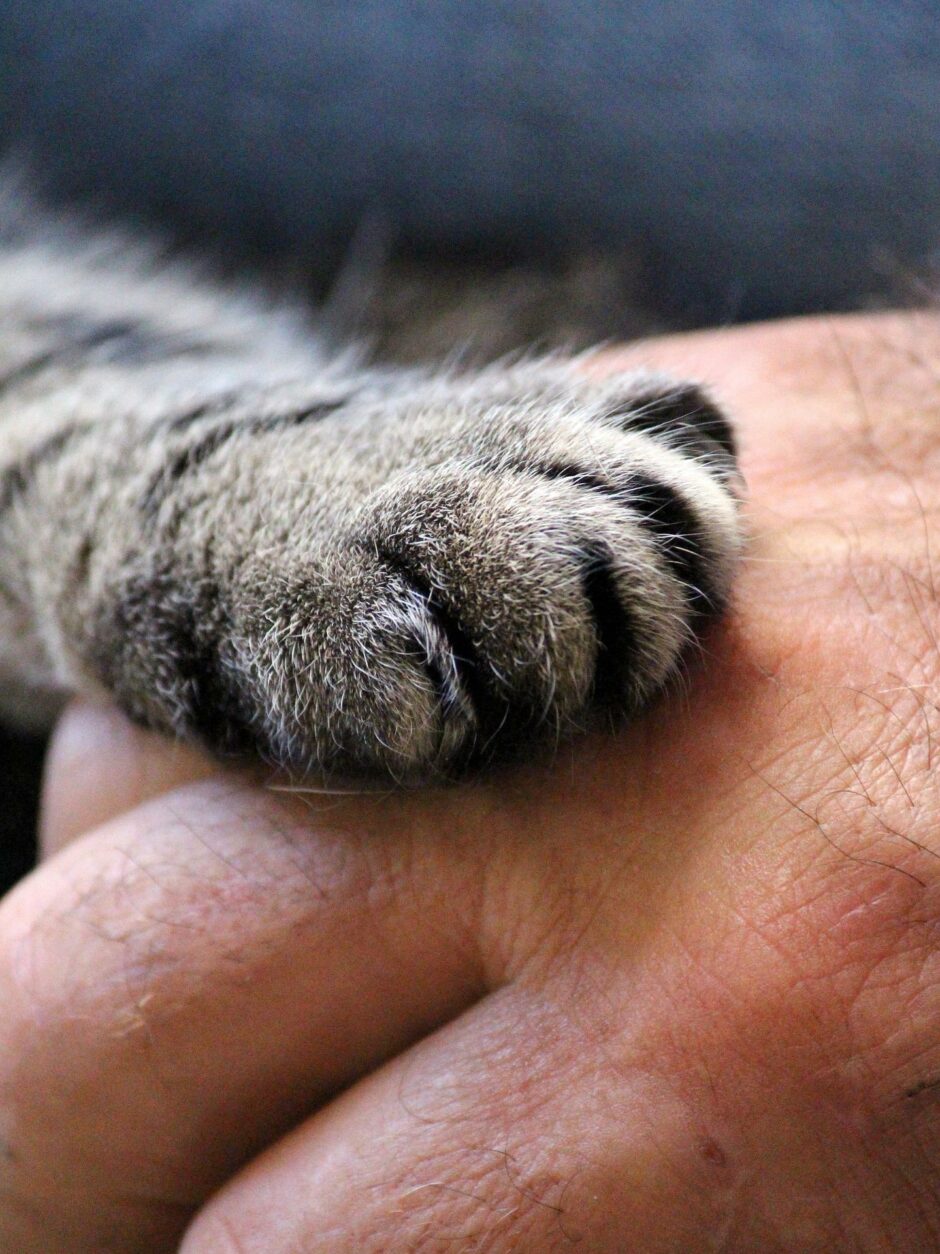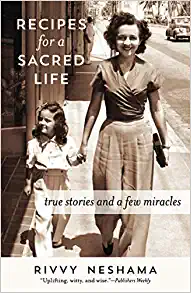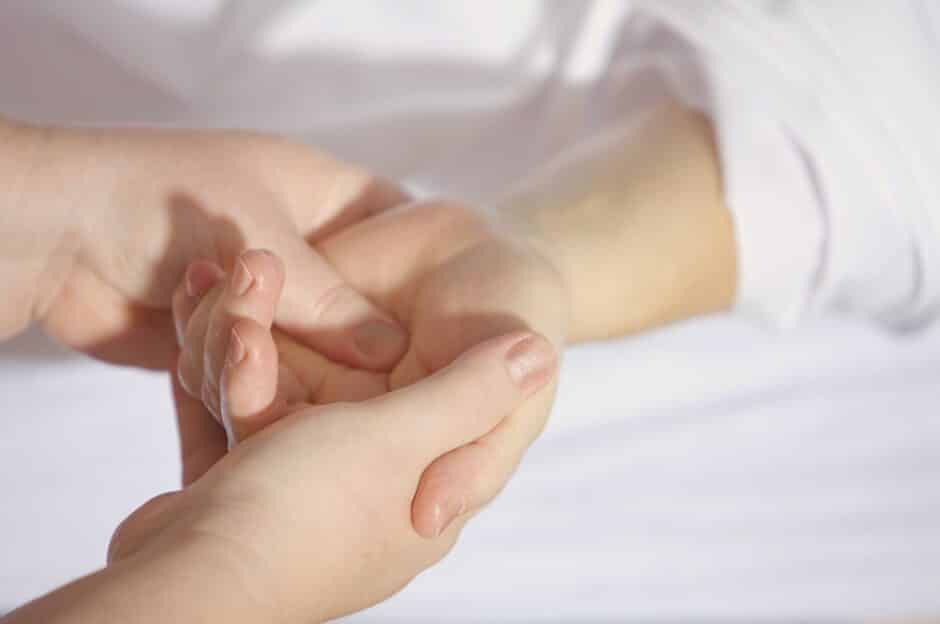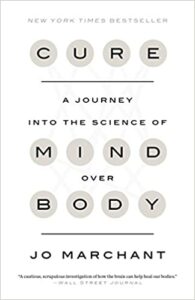Since I’m a trained scientist I officially don’t believe in astrology, although as a queer woman in San Francisco I’ve had to learn my chart for first dates. In sophomore year the TA for “rocks for jocks” took us to the planetarium so he could break down the absurdity of the idea that your birthdate and the alignment of the stars would in any way shape your fate. I still remember the hearing him hiss, “and because these ‘calculations’ were done so long ago, the stars aren’t even in the right place anymore,” as we patiently waited for the heavens to move above us before realizing that the projector was broken, leaving us forever on the cusp of Taurus and Gemini.
In astrology, Saturn takes 27-29 years to complete one full orbit around the sun and return to the same zodiac sign it was in when you were born. It’s a rite of passage, a time when you’re changing into an adult and a whole new phase of your life, and– it’s generally agreed– a time when much of your life is going to go completely tits-up. The idea was inconceivable to me. After all, going into 2013 I had things on lock. I had chosen a two-year graduate degree which and got me home in 2012 in time to get a great new job, keep an eye on my aging parents, and enjoy a nice Christmas with my family. My parents had split up when I was little but the three of us still spent every Christmas together, always with the same traditions. I came home for every vacation, every holiday. Maybe we were a little codependent, but not in a bad way, you know? I mean, sure, I realized I was bisexual when I got overwhelming crushes on three (straight) women in grad school but was too chicken to figure out what I was going to do about that, and yes, my dad wasn’t in the best health, and fine, there was a conflict brewing with my mom that I was trying to keep the lid on. Surely all that would sort itself out if I stuck to the plan and stayed on my path, like Earth orbiting the sun. I had become very used to setting goals and meeting them, and armed with my new five-year plan for ages 30-35 I knew I was going to tick off those life milestones the way I had ticked off all the accomplishments on my to-do list so far.
My Saturn return, according to the internet, began in January 2013. Every time I read or heard about it I was a little annoyed. As if some distant planet was going to affect my life. As if I wasn’t in control. And this is how 2013 went: in March one of my uncles died in his sleep, and mom and I had the first of many fights that year that led to our being estranged. Over the summer I was dumped– twice– and realized my shiny new career wasn’t quite working out when I noticed most of the cool jobs were going to men and I fell asleep, exhausted, in my car when it was parked outside the office. And then, in October, my dad died. Three days before I got the call, I had the strangest dream. I don’t usually remember my dreams, but in this one we were walking around his house, the house I grew up in, on a normal, sunny day. He was showing me how he had fixed the place up: the worn linoleum, the crack in the wall. Dad stood in front of me and said “This is your home, I want you to be comfortable,” which I distinctly remember thinking was a weird thing for him to say.
One thing we don’t talk much about are the small things that get ruined for you when someone you love dies. For me, it’s spinach dip. I had a baguette and a container of spinach dip in my hands as I was walking into a birthday party when I felt my cell phone buzz. My roommate had left two voicemails and three texts telling me to call her, so I stopped outside the party to call her back. And what she said was 1) she was very, very high, 2) a sheriff’s deputy came to the house to look for me, 3) I needed to call the Sacramento Coroner’s Office, because 4) “Uh, uh, your dad’s dead.” I called my best friends that night and they got me home, blaring Beyonce so loud I couldn’t think of anything else. My roommate, who was still pretty high, gave me cold pizza and sat with me all night watching cartoons until it was time to get up and make the worst phone call I’ve ever had to make. I didn’t even need to say it. My aunt knew as soon as she asked “How is Dan doing?” and I said, crying, “Well, that’s why I’m calling.” I haven’t touched spinach dip since.
Every death means that some things are left unfinished, some conversations are left unsaid. I never got a chance to tell him that I was queer. At least I can be thankful that the last thing I ever said to my dad was “I love you,” even if his response was “Okay, kid.” It meant the same thing. We scattered his ashes at the confluence of two rivers, and in his favorite rose garden. A few nights later it was Halloween, and I walked under a full moon feeling like the line between my world and wherever my dad had gone was very, very thin. I also felt, deep in my bones, a sense of the whole night sky realigning around the hole that had been torn in the center of my life.
Life kept moving, like a river cutting through a city. I’m not the same person I was before my Saturn return. The following year I sold Dad’s house to pay off my student loans and realized I wasn’t just an adult–I was the only adult in my life. When I left my job and went on a three-week road trip alone without having another job lined up, no one really asked questions. I came out as bi and wished I could tell my dad that in comparison to my ex-boyfriends (one of whom dad called ‘that guy’ for two solid years) all the women I dated paid their bills on time. I think he would have been cool with the gay thing, especially if I ended up with a doctor, but I’ll never know for sure. Since Dad died, I’ve spent Christmas in a variety of ways: with friends, family, alone with my dog. A few times I got a last-minute plane ticket and just went somewhere– anywhere– else.
A decade later, hardly any of the things in my old five-year plan have come to pass. I have fallen in and out of love a few times, become a godparent, dressed in drag, wrote a few drafts of a novel, climbed a mountain. An astrologer told me my first big queer love and breakup lined up with my ‘nodal return,’ which I did not like hearing at all. I would love to conclude with a nice tidy ending, like Eat, Pray, Love where the main character falls in love with a hot Brazilian man. Did you know that really happened? Did you know that in real life she was so anxious about marrying the hot Brazilian man that she wrote a book about the institution of marriage and a decade later left him for her terminally ill lesbian best friend? Maybe Elizabeth was also in her nodal return. Although in my heart of hearts I would love a 75-year plan, like Dignan in Bottle Rocket, I don’t because man plans and God laughs, right? Now I focus on staying curious, having fun, and I try to say the important stuff out loud, especially when I love someone. My next Saturn return is supposed to come at 60, so I have several decades to find out what the planets have in store for me. And although I don’t really want to believe that planets millions of miles away are affecting my destiny, sometimes, on a clear night, I walk outside, look up at the stars, and wonder how the sky will look different to me then.
T.A. Edwards lives and work in San Francisco, where she is working on herfirst novel. T.A. can be followed on Insta at @taedwardswritesstuff.
***


